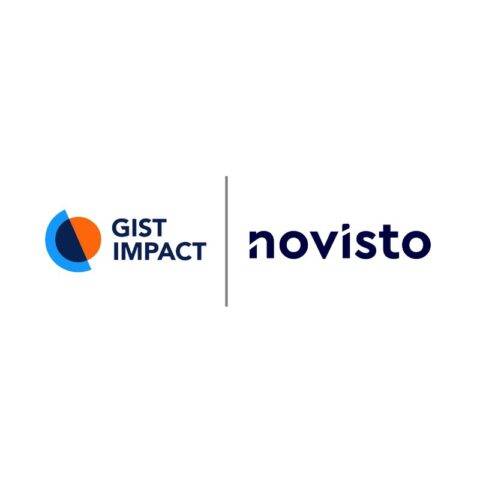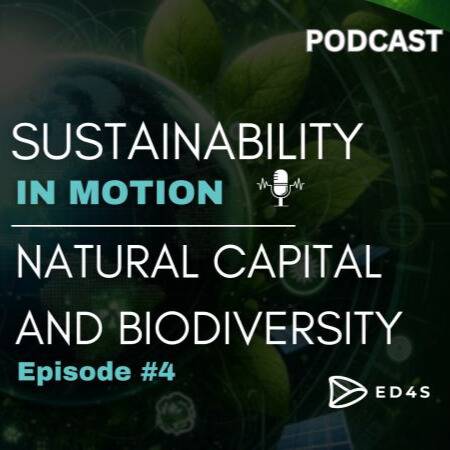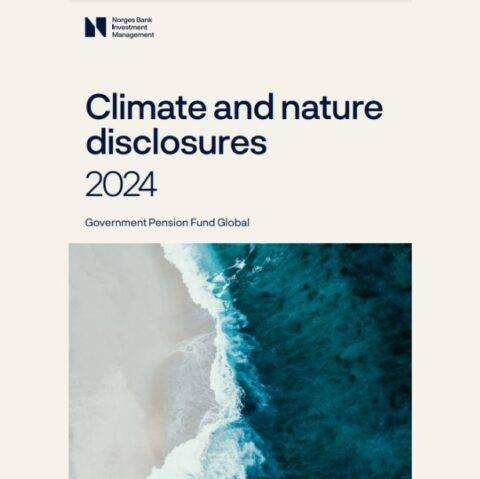“Do companies understand, acknowledge – and do they then reflect on – the sheer size of their dependency on nature, and its economics?”
One of the many questions addressed in the latest “Sustainability in Motion” podcast, featuring GIST Impact CEO Pavan Sukhdev alongside Nawar Alsaadi and Matt Orsagh from ED4S.
The discussion focused on how investors and companies can properly value our natural world to better manage risk and meet the increasing demand for nature-friendly products and services from customers.
Pavan shared his thoughts on what steps should be taken to make nature’s value more visible, and how companies and investors can work to reflect environmental and social values in their decision-making.
As he emphasised:
“The biggest failing that goes along with the economic invisibility [of nature] is the mis-definition of corporate performance…
Today we only measure the impacts of a corporation on one group of stakeholders – that’s shareholders – and in one dimension of capital – financial capital…
We need to work simultaneously, not just on the toolkit for value recognition and value responses, recognising what is thus far economically invisible, but also work on the toolkit to ensure the agent of that delivery – the corporation – enhances its performance metrics so that they become four-dimensional.
[This means] not merely recording financial value delivered to shareholders, but also the training and educational value (human capital), the value subtracted in terms of the loss of nature and the loss of climate stability delivered to future generations (natural capital) – because they are the ones who will suffer from this – and last but not least the positive as well as negative impacts on the social fabric (social capital).”







